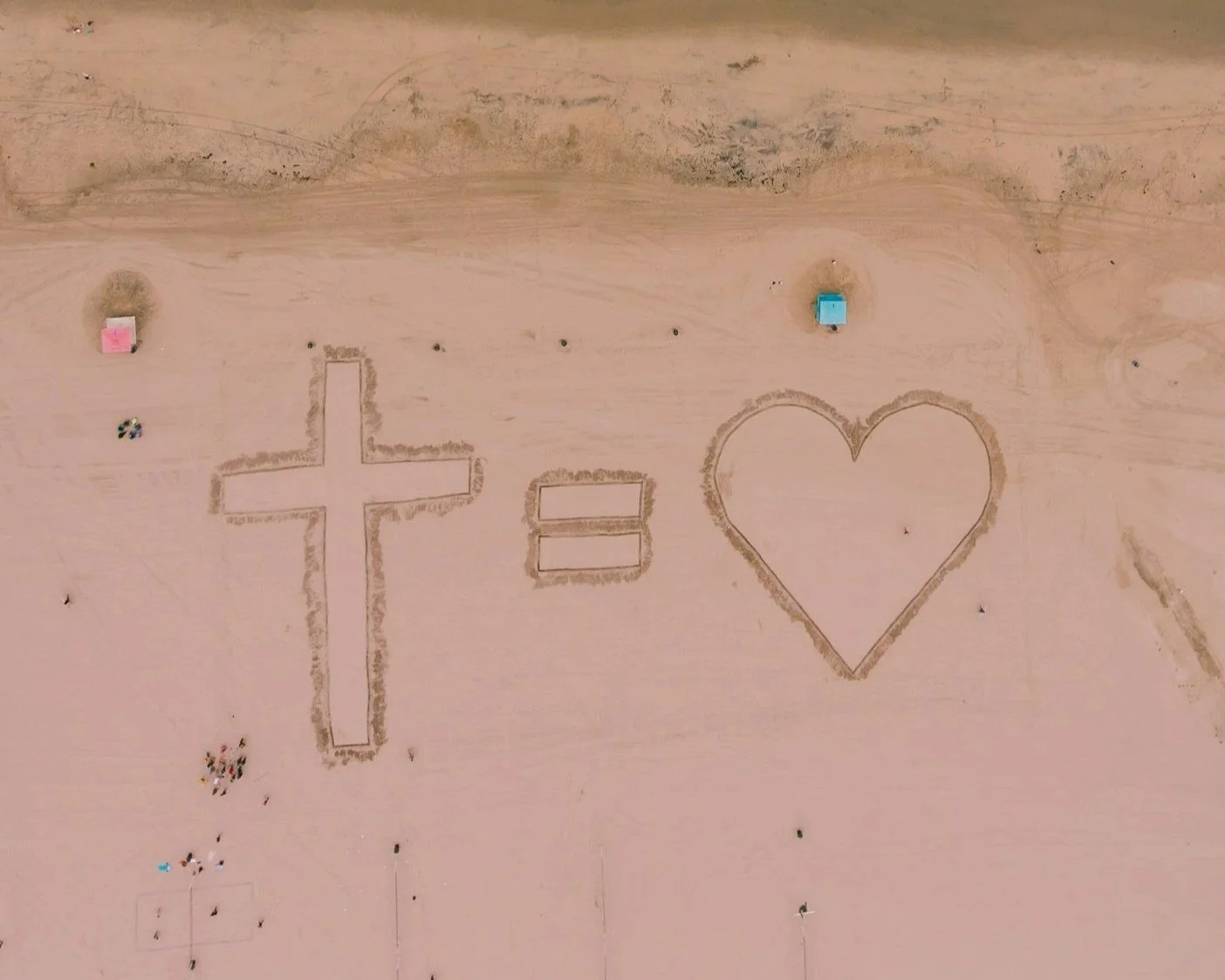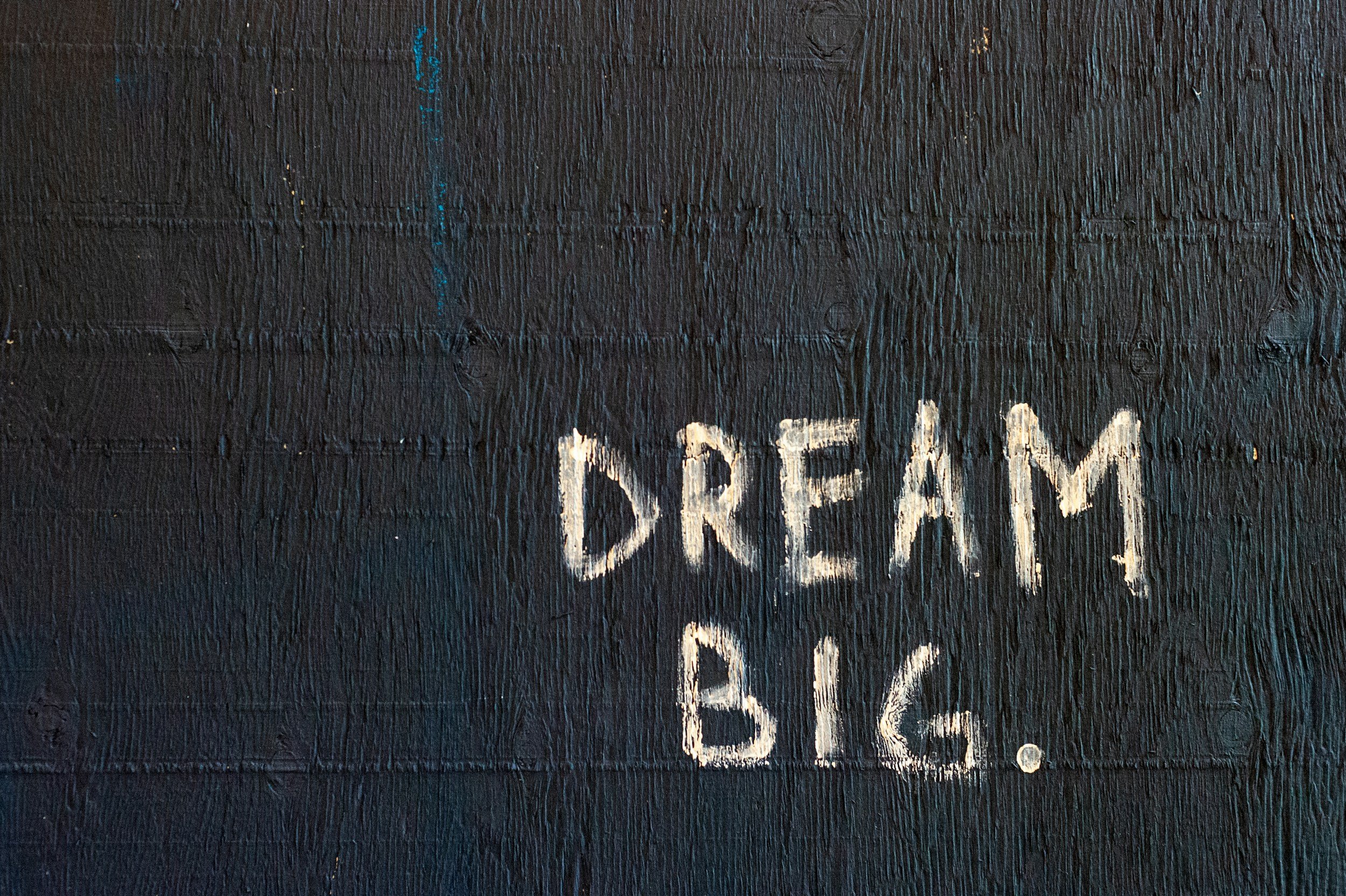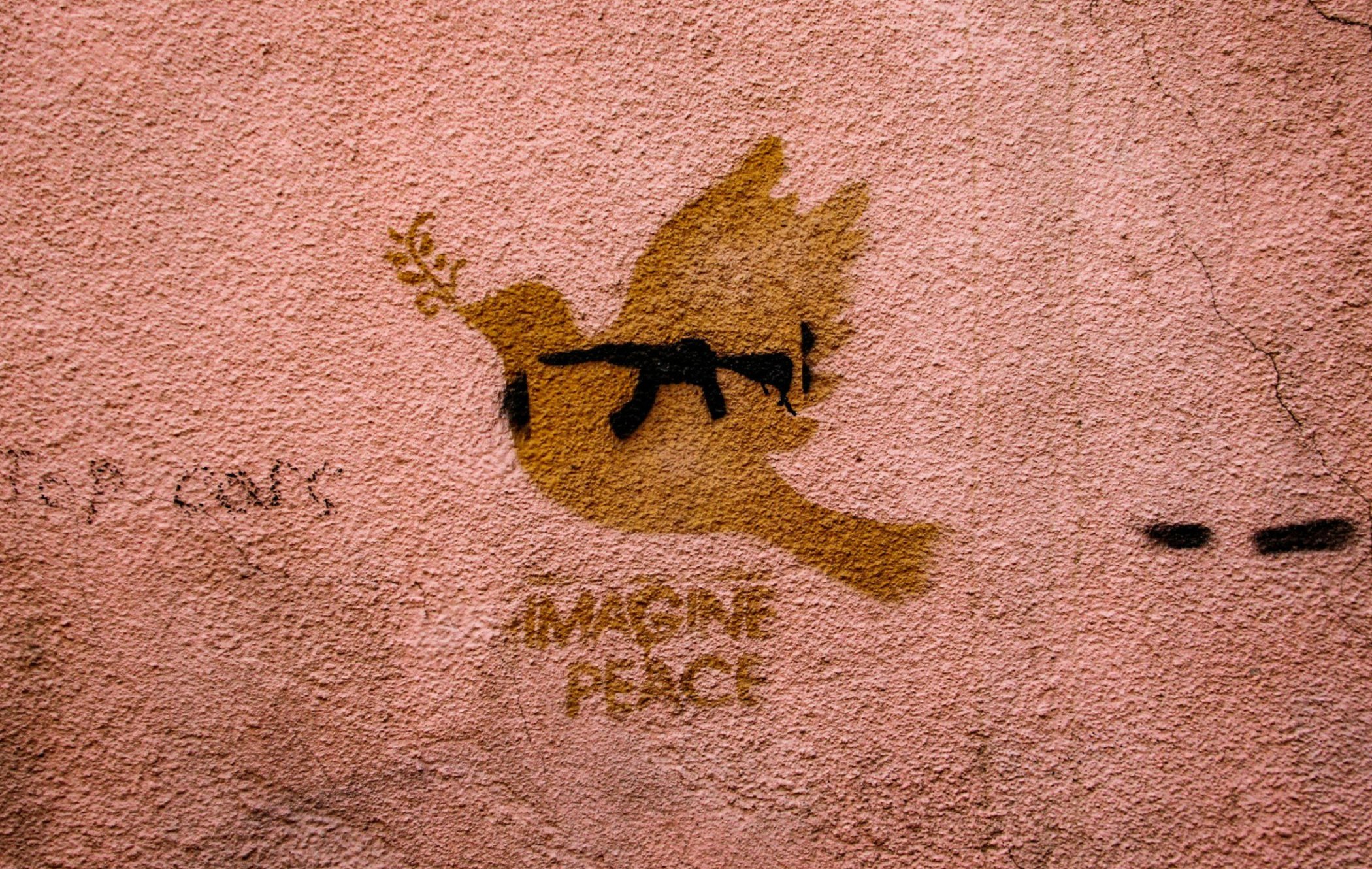Because of Us
by Andy Larsen
This morning I learned
The English word gauze
(finely woven medical cloth)
Comes from the Arabic word Ghazza
Because Gazans have been skilled weavers for centuries
I wondered then
how many of our wounds
have been dressed
because of them
and how many of theirs
have been left open
because of us
~Em Berry
The word “gauze” likely traces its origins to the Arabic ghazz or gazzā, referring to Gaza—a city once renowned as a center of textile production and trade in the medieval world.
For centuries, Gaza’s artisans wove fine fabrics exported across the Mediterranean and the Islamic world. During the Crusades and later the Renaissance, European traders encountered this light, breathable material in Gaza, bringing it back to their own markets. Over time, the term “gauze” became synonymous with loosely woven fabric, eventually becoming indispensable in medicine—used to bind wounds and stem bleeding.
Despite its historical association with Gaza, most gauze bandages today are mass-produced in China, India, and the U.S. Gaza, however, retains a rich textile tradition, with Palestinian embroidery (tatreez) remaining a deeply significant cultural art form.
Yet the brutal realities of occupation, blockade, and now near-total devastation have crippled Gaza’s industrial production. The looms that once wove fine fabrics for the world now sit silent amid the rubble. Artisans persist, stitching their history into intricate patterns, but whether such traditions can survive the latest destruction remains uncertain.
Today, gauze—fabric once crafted in Gaza—binds wounds across the world, while Gaza itself is left to bleed. Hospitals in the besieged enclave routinely run out of essential medical supplies, as Israeli-imposed restrictions choke the flow of humanitarian aid. The same material once exported from Gaza to wrap wounds is now desperately needed for its own people.
Poet Em Berry captures this tragic symmetry in her piece Because of Us (above), which reflects on the etymology of the word “gauze” and its connection to Gaza. She writes of a city whose craftsmanship has long provided material to dress the wounds of others, while its own wounds remain ignored. The poem’s haunting commentary on suffering and neglect has resonated worldwide, appearing in publications and an audio-visual adaptation with Al Jazeera.
If you’d like to read or listen to the full poem, you can find it on Em Berry’s Instagram.
Berry, an independent writer and poet from Aotearoa (New Zealand), frequently explores themes of feminism, decolonization, and injustice. Because of Us, written in November 2023, serves as both a lament and an indictment—a reminder that Gaza’s history is woven into the world’s fabric, even as the world turns away from its unraveling.
This blog was originally posted at https://blessedarethepeacemakers.substack.com/p/because-of-us
Andy and Cari are peacemakers devoted to engaging their “other” as followers of Jesus Christ, believing this is a core characteristic of true disciples of Jesus. Andy uses his camera to build bridges of understanding between groups and to decrease social distance. Andy and Cari spend much time facilitating encounters with their “other” across the country and in the Middle East, helping disparate communities build relational bridges of understanding, and their greatest passion is to hang out with Muslim friends and get people out of the pew, or off their prayer rug as the case may be, and into relationships with their “other.” Learn more about Andy here.





